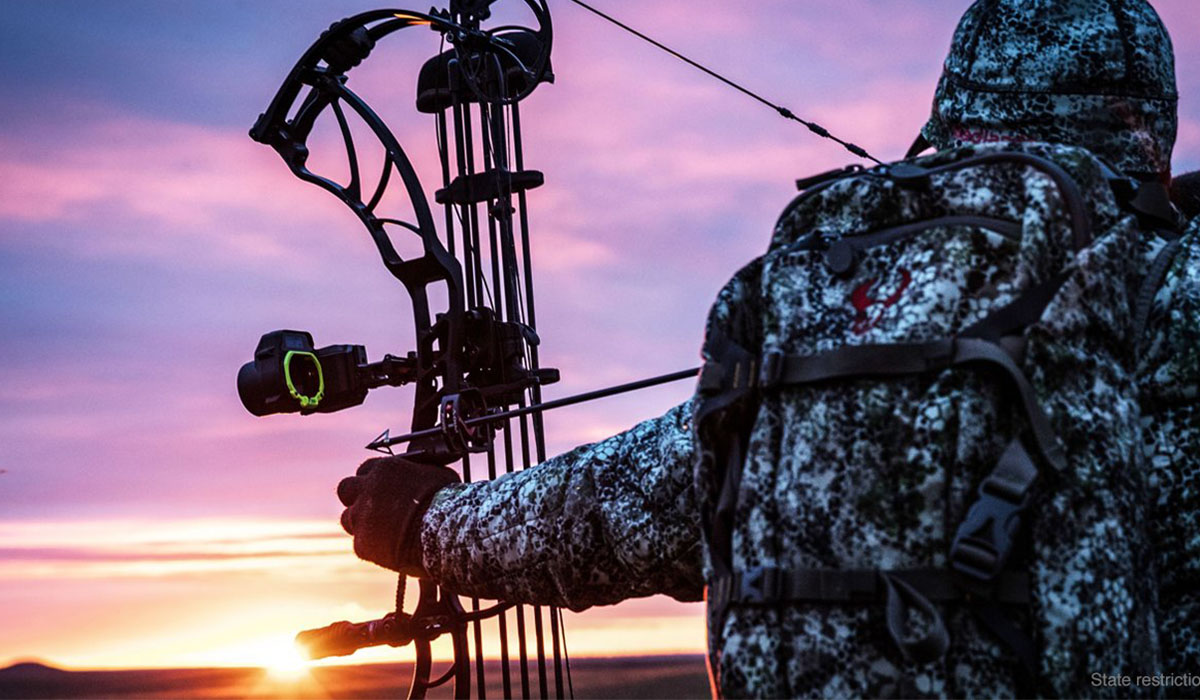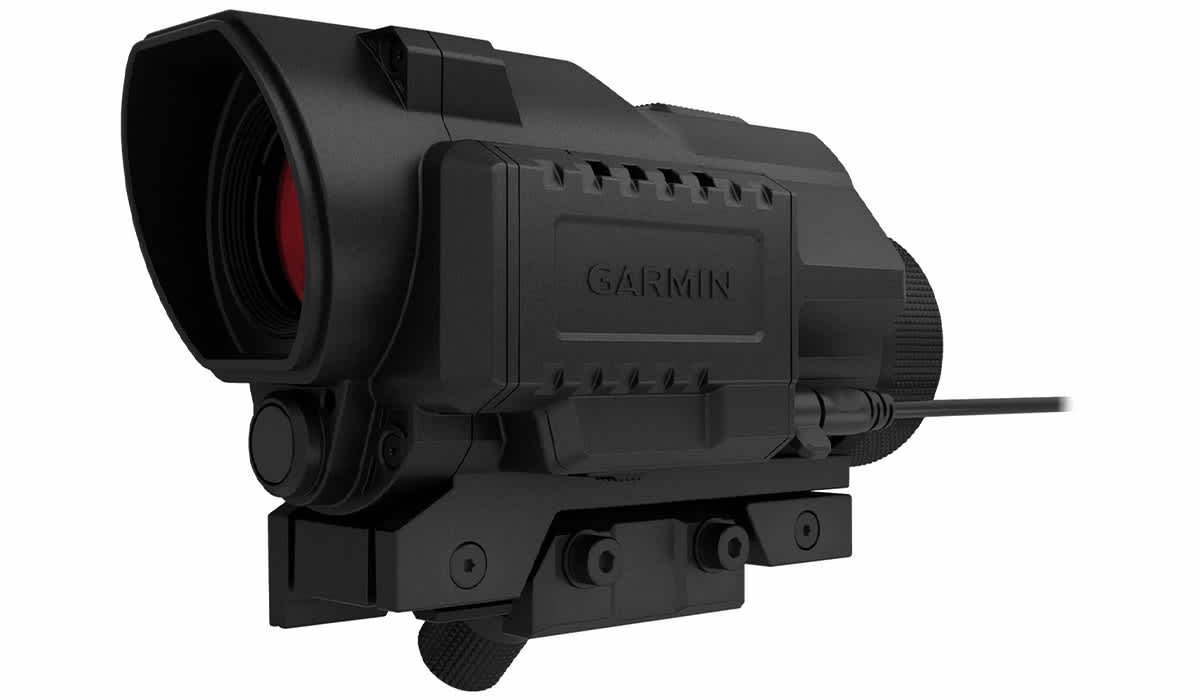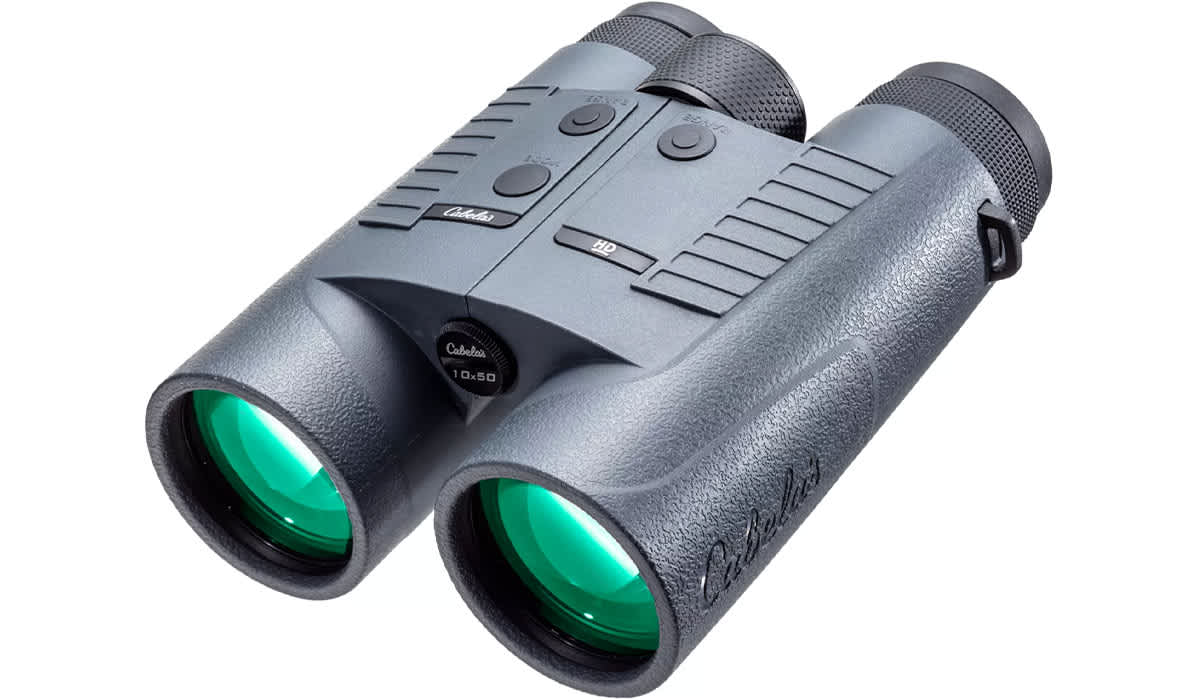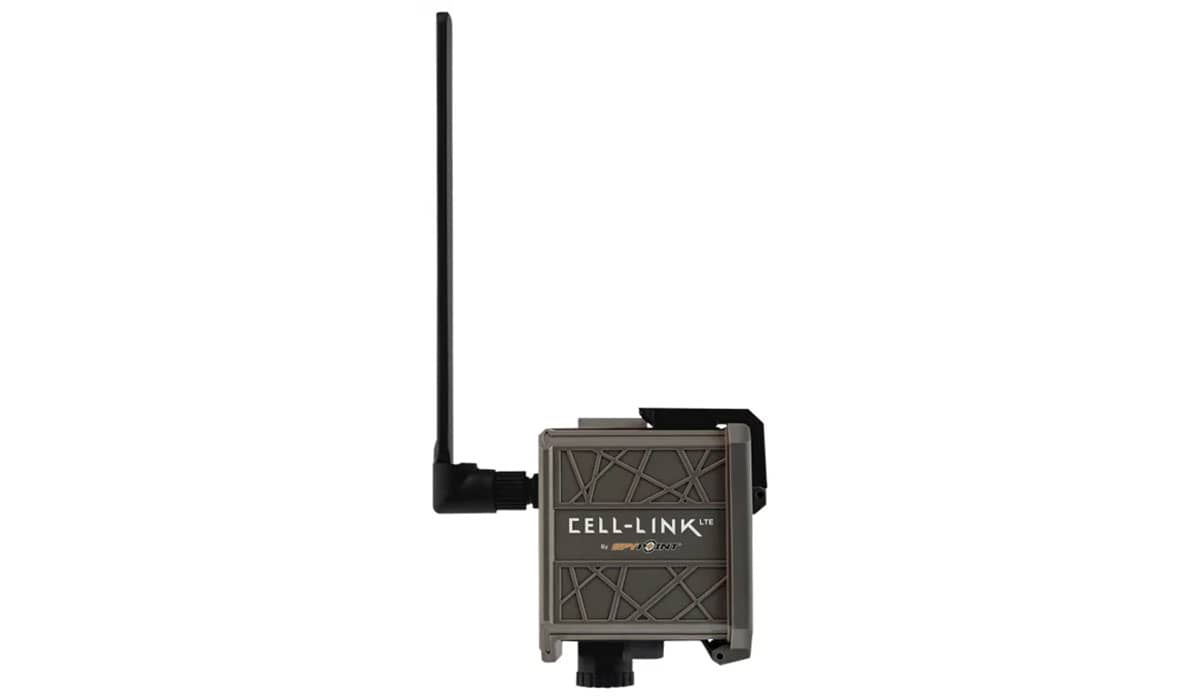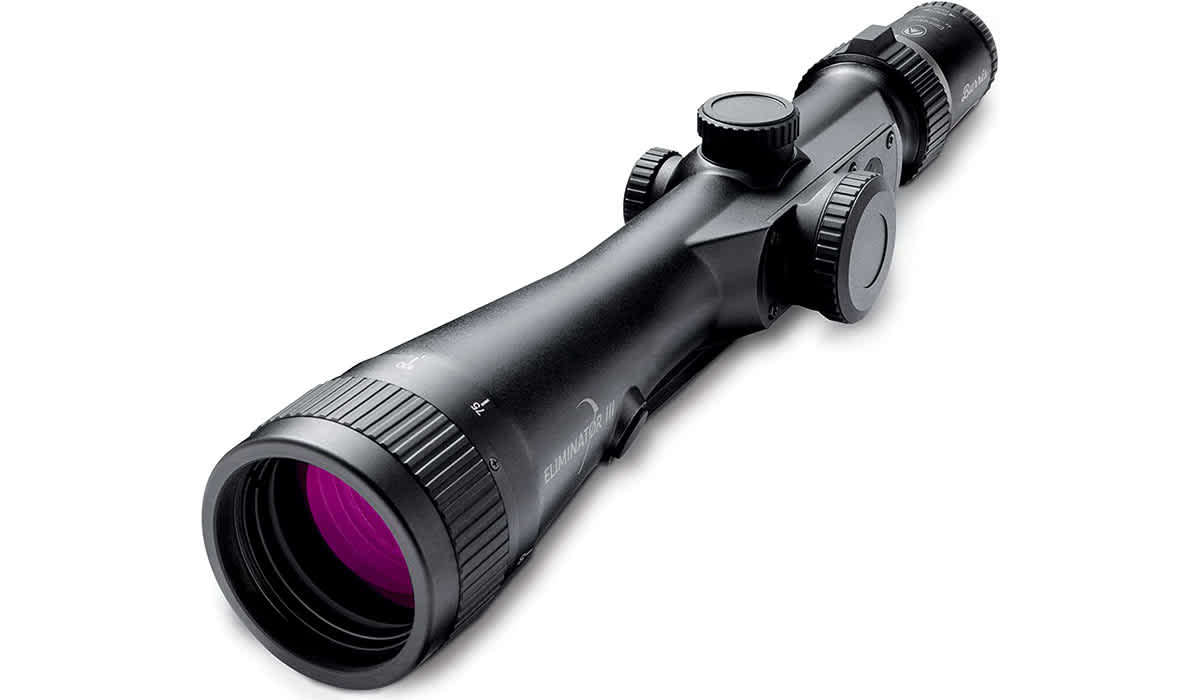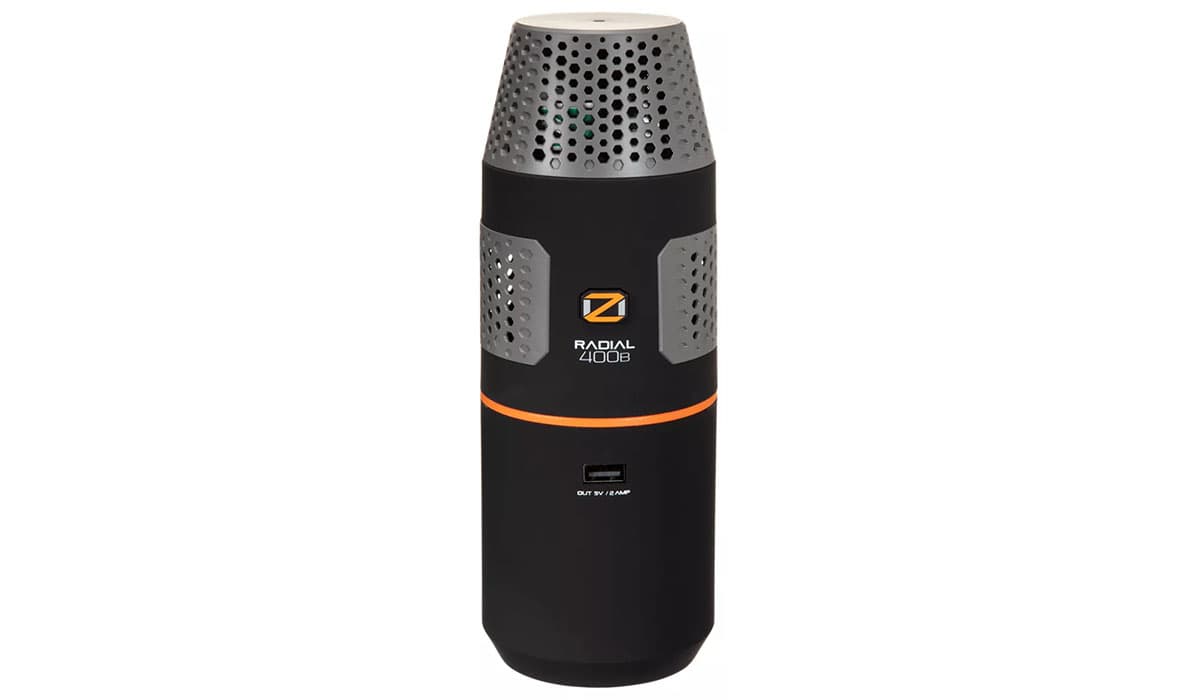Products You May Like
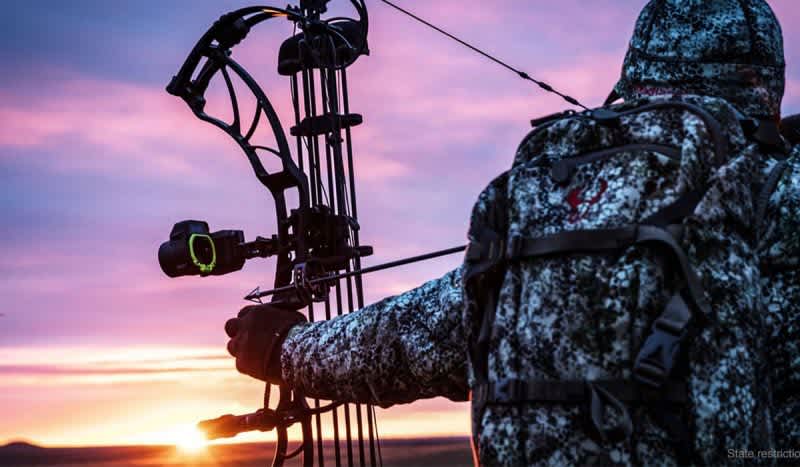
+
–
Table of Contents
1. Garmin Xero X1i Rangefinder Crossbow Scope – Editor’s Pick
It used to be that Garmin was just a GPS company. Then they took the fishfinder world by storm, and now they are knocking down the technology door for the archery world, too. Have you ever thought about how cool it would be to take a laser range finder, combine it with a red dot sight and make a new, hyper accurate sighting system for your bow or crossbow? Well, someone at Garmin did and they have succeeded. The X1i is just too cool not to have at the top of this list. You push a button and accurately range targets out to 250 yards (500 if it’s a reflective target). The Garmin then projects an illuminated aim point that self adjusts for the lighting conditions. Getting it set up and sighted in doesn’t take much time, either. Is it cheating? Well, that depends upon your point of view. Is it cool? Absolutely! All I can say is, I’d use one. And don’t worry. If you’re not a crossbow shooter, they make a version for your vertical bow, too, that is just as amazing.
Pros/About as accurate as you’re ever going to get with a crossbow sight
Cons/Cost – It’s pricey!
Bottom Line/If you hate to miss, and want the most advanced crossbow sighting system available – this is it.
2. Cabela’s CX Pro HD Rangefinder Binoculars – 2-in-1 Pick
Laser rangefinder technology has been around for a while now, but it’s still a cool thing to have with you and it can make your hunting better than without it. You’d be surprised at how easy it can be to misjudge distance. I once whiffed on a trophy pronghorn because what looked like 150 yards, was really over 300. My shot went just low and I missed. Oops! Rangefinding binoculars are pretty cool and the latest advances make them a must-have for anyone who hunts. Cabela’s has always been at the front of optics technology and these 10×50 binoculars have all the features of a premium optic, with fully, multi-coated optics, crisp, clear vision in a fully water, shock and fogproof frame. They also range at distances out to 1,300 yards on reflective targets and out to 750 on big game animals. The range speed is super fast, too, with readings coming in at .25 seconds, or 4 per second in scan mode. Everything reads out with a red OLED screen built into the optics.
Pros/Get the range while scanning for game, accurate at long distances
Cons/Doesn’t add any compensating info like advanced rangefinders do
Bottom Line/A great way to scan for deer and know how far away the buck is before you make your next move
3. SpyPoint CELL-LINK Universal Cellular Adapter – Budget Pick
Trail cameras are a major part of the deer hunting landscape and the latest cellular ones are at the top of the heap. Now you don’t have to go in and swap memory cards every few days, and then carry a separate piece of gear to scan the photos, or wait until you get back to your desk. With cellular options, you can see the images as they are taken.
Spypoint is my personal pick for cellular cameras simply because I’ve been using them for a while now and they haven’t let me down. But, I do have several non-cellular cameras that I’d like to use. I’m sure you do too. That’s where this unit comes in. Spypoint has basically made a card reader that transmits your images to your phone or tablet. It plugs into your card slot on your camera and then you can shut the door and just like that, you’ve got a cellular camera. This is some cool technology that lets you adapt your existing cameras to the latest trend.
Pros/Simple to use, turns old cameras into modern ones
Cons/None
Bottom Line/If you like your old camera, you can kee your old camera and still have a cellular camera for scouting deer
4. Burris Eliminator III Laser Scope
You may have noticed by now that many of the best technologies we’re discussing revolve around ranging and accuracy. If you’re at all like me, and I suspect many of you are, you don’t like to miss. Missing is all part of the game, and even with the most practice possible, it still happens. One of the biggest culprits, as we have established already, is improper range judgement. That’s why we have rangefinders. But for those of us who both hate missing a shot, as well as hate carrying tons of extra gear with us on the hunts, there is a very cool solution. Much like Garmin has done for archery, Burris has been on the cutting edge of rangefinder technology that is built into a riflescope. The Eliminator III is a 4-16x50mm premium scope with quality optics for crystal-clear sight windows. It has a built-in laser rangefinder and a programmable bullet drop compensator that you set to your specific cartridge. Once it’s set up, you’re good out to 1,200+ yards. Pretty sweet stuff.
Pros/Point, range and shoot
Cons/Pricey
Bottom Line/If you hate to miss, this is a way to eliminate doing so
5. ScentLok OZ Radial 400B Ozone Generator
Scent control is a big part of deer hunting these days. While it is virtually impossible to eliminate all of your scent when you go afield, there are ways to mitigate it, and the latest technology comes in the way of ozone generators. Ozone molecules are highly unstable by nature and when they come in contact with scent molecules in your clothes, they bond and make the scent virtually indistinguishable from anything else hitting a deer’s nose. Ozone generators have become very popular with hunters because leaving your hunting clothing in a sealed bag or tote with a generator going will help render your clothing scent neutral. This unit from ScentLok is rechargeable and runs for up to 8 hours depending upon what mode it is in. It emits a steady stream of ozone that works to eliminate scent on your gear. With all that is going on to eliminate scent in deer hunting, this is currently the most advanced deer hunting technology going.
Pros/Help eliminate scent without chemical sprays
Cons/Can’t eliminate all scent, but it helps a lot
Bottom Line/If you’re serious about scent elimination, this is the way to go
The technology of hunting
I’ll be the first to admit that I don’t always think we need the latest and greatest technology to go deer hunting. In fact, one of the many things I enjoy about hunting is cutting ties to the busy, modern world and just enjoying the time spent in the woods with just my senses and the basics of hunting. However, at least for me, it is becoming more and more of a necessity to have some of the modern technologies that are readily available to us when I go afield. There are a couple of reasons for that, too.
Competition among hunters creates a need for any advantages we can have if we want to have the most success. I used to have no neighbors that hunted, and now I have them on all four sides to my hunting property. This has created some needs for me. One, I need to have access to up-to-date information as to the movements of the deer. When there is added pressure, things can change overnight. I also have come to the realization that if a big buck comes through, I need to make my shot count, because I may not get another chance. Now, do I need the latest technology to ensure all of this? No, but it certainly helps and makes it more enjoyable when I don’t have added stresses that I’m already trying to avoid.
I’m also not getting any younger, so constant trips out to check trail cameras can be rough on the knees. The latest rangefinding technology really helps with determining distances, too. And if I’m being honest, I also appreciate carrying less stuff afield with me these days. Deer hunting technology has advanced in a way that combines 2-3 or more tools I like to have to make the hunt more productive into one, single tool. Less stuff, with the same results and more fun. Good times.
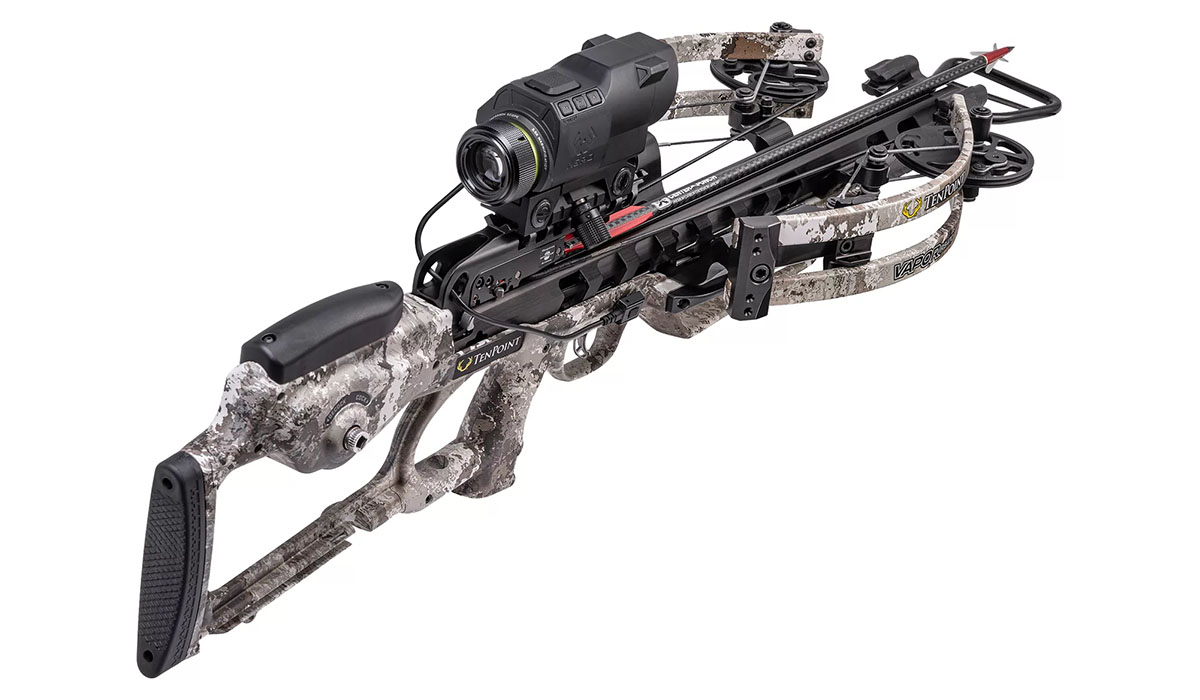
When is it too much?
Only you can decide if deer hunting technology has gone too far for you. Do you need all the latest gadgets to kill a deer? Maybe not, but at the same time, maybe someone else does. That doesn’t make them a bad hunter by any means. Even with the sighting systems mentioned above, the need for practice is still great and a must. If someone is trying to “fake it,” it won’t work.
Where I’m getting at with this is simple – Don’t judge. As hunters, we tend to be our own worst enemies, giving the anti-hunting crowd way too much ammunition to use against us. If a hunter wants to use the latest deer hunting technology to go hunting with, so be it. Let them do it without you being upset by it. As long as it follows the regulations, it’s (really) not cheating and not illegal. Encourage your fellow hunters.
Can I use a cellular Trail Camera to hunt?
Check your state and local regulations for trail camera use before buying one and using it. Some states have limitations on use and timing for trail cameras, and cellular cameras present a new challenge that may add to the confusion.
Do I still have to practice with a rangefinding scope?
You always have to practice regardless of what tools you are using to hunting with. Rangefinding scopes and sights help in the field, but only after you have completely learned how to use one, and have it dialed into your exact equipment. Practice with these systems is more important than you’d think for certain.
We are committed to finding, researching, and recommending the best products. We earn commissions from purchases you make using the retail links in our product reviews. Learn more about how this works.
